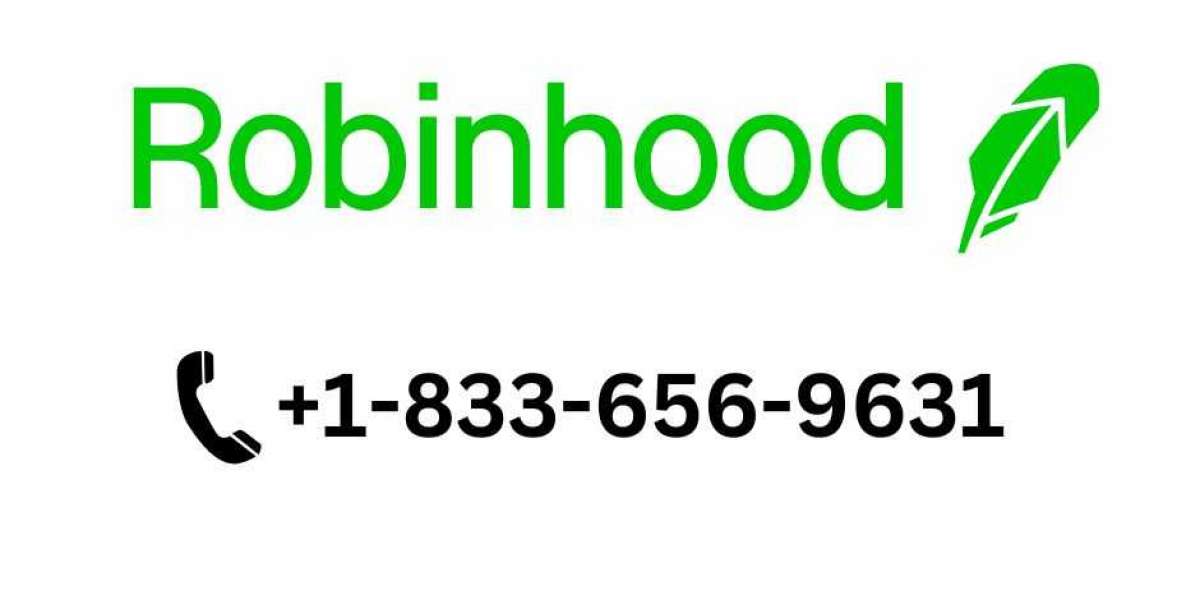How Birth CertificateTime Is Typically Recorded
In most countries, the birth time listed on an official birth certificate is sourced from hospital or medical records. Here’s how the process usually works:
Medical staff records the time of delivery, often down to the minute.
That time is entered into the hospital’s documentation.
The information is sent to the relevant government office.
The birth certificate is issued based on this recorded data.
This sounds straightforward, but the conditions during childbirth—and how seriously timekeeping is prioritized—can vary. A calm hospital birth in a modern facility may provide highly accurate records, while home births, older hospital systems, or high-pressure medical situations may not be so precise.
How Accurate Is It Really?
In most modern cases, the time is reasonably accurate—within a few minutes. However, several factors can affect its precision:
1. Hospital Workload and Priorities
In busy maternity wards, especially during complicated births, timekeeping might not be the top priority. A nurse or doctor may record the time a few minutes after the actual birth, especially if the focus is on attending to the baby’s health.
2. Rounded or Estimated Times
In some cases, times are rounded to the nearest 5 or 10 minutes, especially in the past when clocks were analog or hospital staff didn’t have digital precision. Births noted at "12:00 PM" or "6:00 AM" may be more of a rough estimate than a timestamp.
3. Manual Record Errors
Mistakes in transferring the time from hospital records to official forms can happen. A handwritten “3:35” can become “3:55” if misread. Such errors, while rare, do occur.
4. Time Zone and Daylight Saving Confusion
Occasionally, especially in older records, there may be inconsistencies due to shifts in time zones, daylight saving time, or clerical misinterpretation of the local time.
5. Home Births and Rural Settings
For births that occurred outside a hospital—whether at home, in rural areas, or with midwives—the birth time may have been estimated based on memory or written down long after the moment passed.
Why Minute-Level Accuracy Matters in Astrology
Astrology is incredibly time-sensitive. A shift of just a few minutes can change your Ascendant (rising sign), which in turn affects the entire house system in your chart. This is particularly important in:
Determining the correct rising sign
Locating planets in the correct houses
Accurate timing techniques (like transits and progressions)
Predictive methods such as dasha systems in Vedic astrology
In Western astrology, the Ascendant changes approximately every 2 hours, and house cusps shift even more quickly. So, a 10-minute error could alter the interpretation of your life path, relationships, or career indicators.
Should You Trust Your Birth Certificate Time?
The answer depends on how your birth was recorded. Here's a breakdown of reliability by situation:
| Scenario | Estimated Reliability | Notes |
|---|---|---|
| Modern hospital birth (post-1990) | Very reliable (±1–2 minutes) | Electronic systems likely used |
| Hospital birth (pre-1980s) | Reasonably reliable (±5 minutes) | Analog clocks or hand-entry records common |
| Home birth or midwife delivery | Variable (±10+ minutes) | Time may have been remembered, not recorded |
| Birth time at exact hour (e.g., 6:00) | Possibly rounded (±10 minutes) | Indicates potential estimation |
| No time on certificate | Not reliable | You may need to estimate or rectify |
What Can You Do If You’re Unsure?
If you suspect the time on your birth certificate might not be exact—or if no time is listed—you have options.
1. Ask Relatives
Parents, siblings, or anyone present at your birth may remember a general window (morning, afternoon, etc.). Even rough clues can help narrow the timeframe.
2. Check Hospital Records
Hospitals often keep detailed birth logs, which may be more accurate than the official certificate. In some regions, you can request these records directly.
3. Use Astrology Rectification
This is a process where astrologers study your life events (like career milestones, health events, marriage, etc.) and work backward to estimate the likely time of birth. Though time-consuming, it’s often accurate when done by skilled professionals.
4. Try a Range of Charts
If rectification isn’t an option, you can explore different charts across a range of possible times (morning, noon, evening) and see which chart best aligns with your personality and life experiences.
How Astrologers Handle Uncertain Times
Professional astrologers often take a practical approach. If you provide a birth time from a certificate, most will assume it’s correct unless you indicate doubt. If uncertainty exists, the astrologer may:
Use a solar chart (with the Sun on the Ascendant)
Avoid predictive or house-based interpretations
Focus on planetary aspects, signs, and themes that are unaffected by time
Some astrologers specialize in rectification or can spot red flags that suggest your recorded time may be off (for example, if your life experiences don’t match expected patterns).
Conclusion
The birth time on a certificate is generally reliable, especially for modern hospital births. However, like any piece of human-recorded data, it can be flawed by rounding, memory, or clerical error—especially in older or non-hospital settings. In astrology, even a few minutes can make a big difference, so it’s wise to confirm, clarify, or correct your time if you're seeking detailed and predictive astrological guidance.
If you’re unsure about your recorded time, there’s no need to worry—there are ways to work around it or verify it. Ultimately, astrology is a flexible and intuitive system. With or without exact time, it still has valuable insights to offer.







